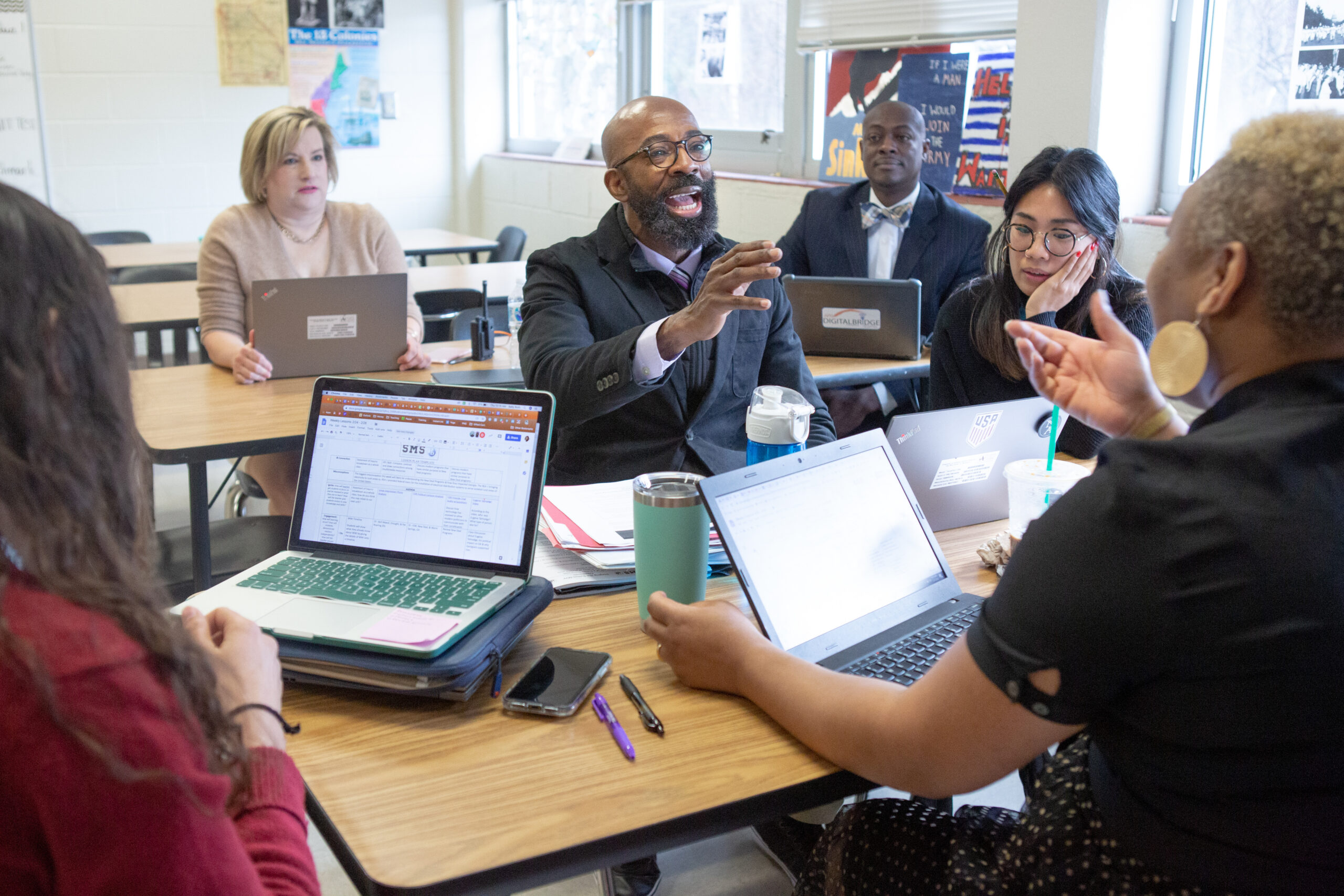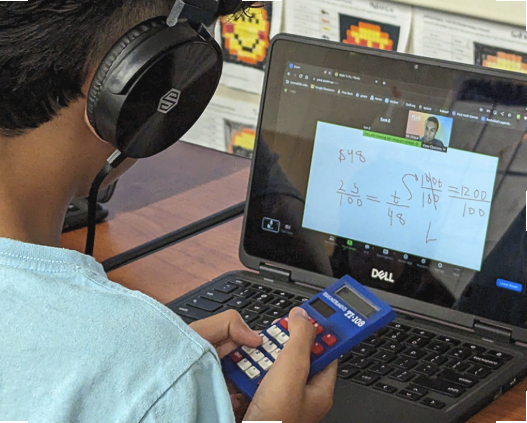Unlocking AI's Potential: How Educators are Actively Engaging and Experimenting with New Technologies
I’ve had the opportunity to learn from and work with some amazing teachers over my career, first in the Obama White House and then at Schmidt Futures. One of the things that almost all of them had was a deep curiosity and a love for life-long learning.
That spirit of curiosity and active experimentation will be critical as school systems navigate the age of AI.
When AI-powered tools like ChatGPT emerged 18 months ago, many education leaders had mixed reactions, and some districts even banned their use.
However, more than a year later, a new survey by the Walton Family Foundation reveals that many teachers are curious and eager to explore how AI might benefit their students.
Almost half of the 1,000 teachers surveyed reported using AI tools at least weekly to help generate lesson plans, create instructional materials, and automate mundane administrative tasks. When asked what was preventing them from using these tools more often, the most popular answer given – by 32 percent of the teachers – was that they “haven’t gotten enough training or professional development on AI.”
These survey results underscore my view that many teachers want to better understand how new AI tools can improve the teaching and learning experience. A good example is the teacher featured in this video. The educator, Winston Roberts, advocates passionately for integrating AI into the curriculum. He believes that every student deserves the opportunity to tap AI’s potential while mitigating its limitations.
The question remains: what does meaningful and effective use of AI in education actually look like?
The teams collaborating through the Learning Engineering Virtual Institute (LEVI) are working on answering this question. They’re tackling how to use AI to improve math achievement among middle schoolers. For example, Carnegie Learning’s MATHstream uses advanced AI to create personalized video lessons that feel like a one-on-one session with an excellent math teacher.
Another example is the University of Colorado Boulder, in partnership with Saga Education. They are developing a new tutoring platform that combines human tutors with AI technology. This platform will analyze the interactions between tutors and students, offering tutors detailed feedback to help them improve their teaching.
The LEVI AI Lab has also funded the creation of several new tools, many of which were being publicly released this week. One example is Rori’s Math Hint Generation Chatbot, which gives math students feedback on incorrect answers by identifying mistakes and providing constructive hints.
Another example of how new AI tools can help teachers is the Personalized Writing Tutor for Analytic Writing. The developers created the tool to give individualized advice and feedback on student writing assignments, before it’s submitted to the teacher, and dubbed it “Project Toni.”
To use Toni, students paste their essays into the platform and the chatbot gives them recommendations on structure, organization, and other aspects of good writing like argumentation and reasoning. This is a great example of how AI can take on tasks that would otherwise take teachers hours to complete.
By providing the first round of feedback, Toni frees up teachers to work with students who need attention. Some studies have shown that AI can save teachers more than 10 hours a week of work, which is time that they can redirect to providing individualized instruction to those who need it most.
All of these tools hint at the promising role that AI can play in a modern classroom and educational experience – to empower teachers, rather than displace them.
The Walton Family Foundation survey underscored this point when it asked teachers, parents, and students if they agreed with the statement, “AI is another example of why we can’t keep doing things the old way for schools in the modern world.”
Nearly 70 percent of them agreed. So do I.
Kumar Garg is the President of Renaissance Philanthropy.




That’s why I believe it’s important that learning engineers and educators continue to explore the many possibilities AI brings to the field, and I encourage educators to join the effort, even if they don’t have coding experience. Districts and state leaders must also do more to support teachers as they experiment and navigate this new frontier.